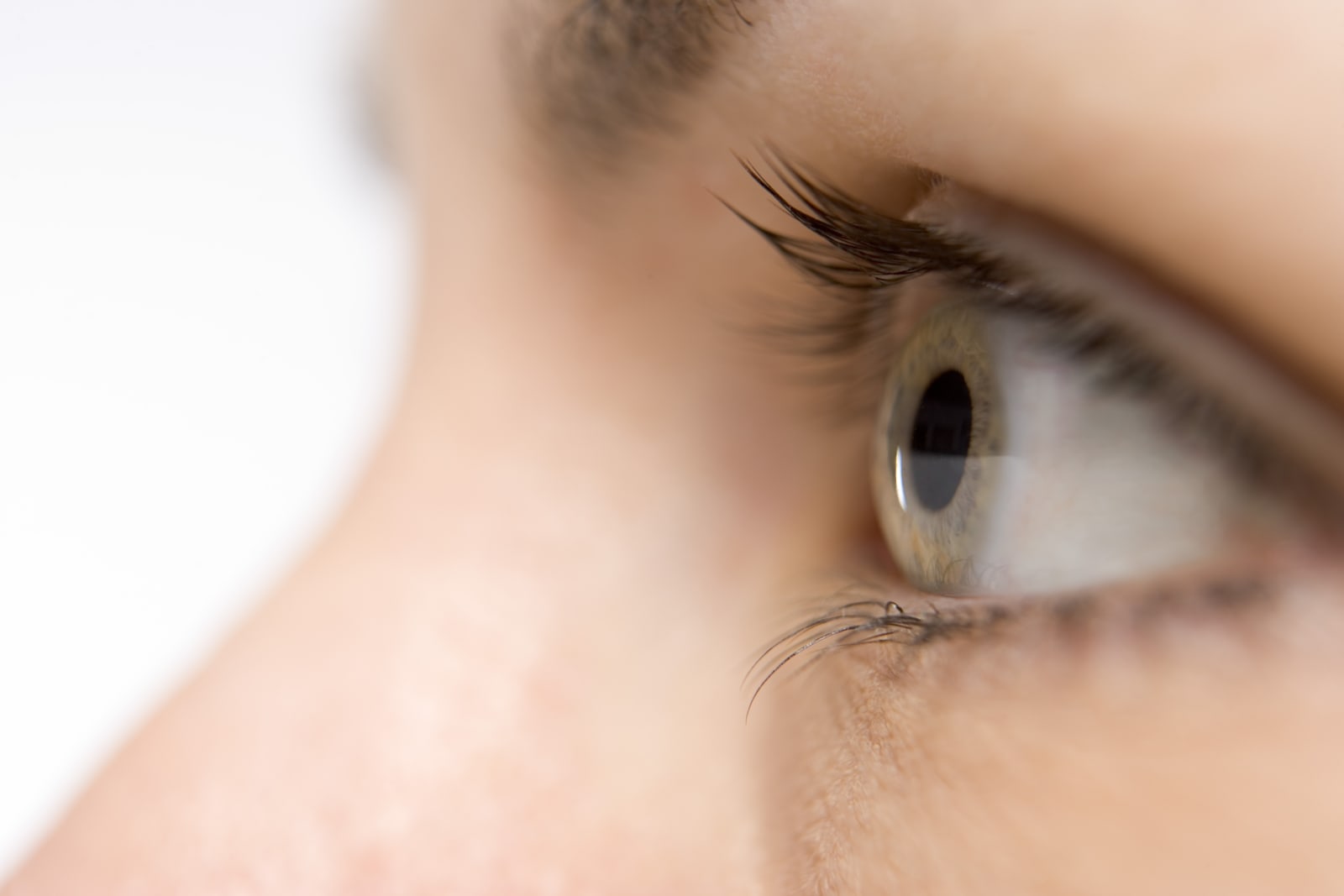Gene therapy treatment for hereditary eye disease will cost $850,000

Last month, the FDA approved a gene therapy called Luxturna, which can treat a rare eye disease that causes blindness. Now the treatment has a price tag, CNBC reports. It will cost $425,000 per eye, and while $850,000 is steep, it's lower than the $1 million at which many expected the treatment to be priced.
Spark Therapeutics, the company that developed Luxturna, is working out a variety of slightly unconventional payment structures in light of Luxturna's price. First, like Novartis Pharmaceuticals' one-time treatment Kymriah, for some, Luxturna's cost will be rebated if the sight of those receiving the treatment doesn't improve sufficiently. That rebate program was made with nonprofit health plan Harvard Pilgrim. Additionally, in partnership with Express Scripts, Spark has arranged it so that insurers can buy Luxturna directly instead of treatment centers having to purchase it first. That way, treatment centers don't have to worry about buying an expensive product and waiting for reimbursement and insurers can avoid any price markups set by the treatment centers.
Spark is also looking into spreading out Luxturna's costs over time, making the price tag a little more palatable and the treatment more accessible. Spark CEO Jeff Marrazzo told CNBC that the company was discussing Luxturna coverage with a number of insurers including the US Centers for Medicare and Medicaid Services. Coverage announcements should be made within the next few months.
How one-time treatments like Luxturna are priced and paid for is important for their success and, therefore, their availability. Last year, a European-approved gene therapy called Glybera flopped because it treated a very rare disease and cost $1 million. The rarity of the disease meant a lack of data on the treatment's effectiveness and thus a lack of interest on the part of insurers and providers. "We're at the infancy of what I think could be a lot of innovations in how we pay for these really expensive drugs," Express Scripts' Chief Medical Officer Steve Miller told CNBC. "We've got to figure this out, because — let's be frank — there are going to be more of these drugs coming to the marketplace for even bigger populations."
Luxturna works by replacing a mutated gene found in those with retinal dystrophy with a normal copy. The non-mutated gene can then produce a necessary protein that allows the retina to convert light into electrical signals. Between 1,000 and 2,000 people in the US are thought to be affected by the mutated gene.
Via: CNBC
via Engadget RSS Feed "http://ift.tt/2CxXMTP"
Comments
Post a Comment